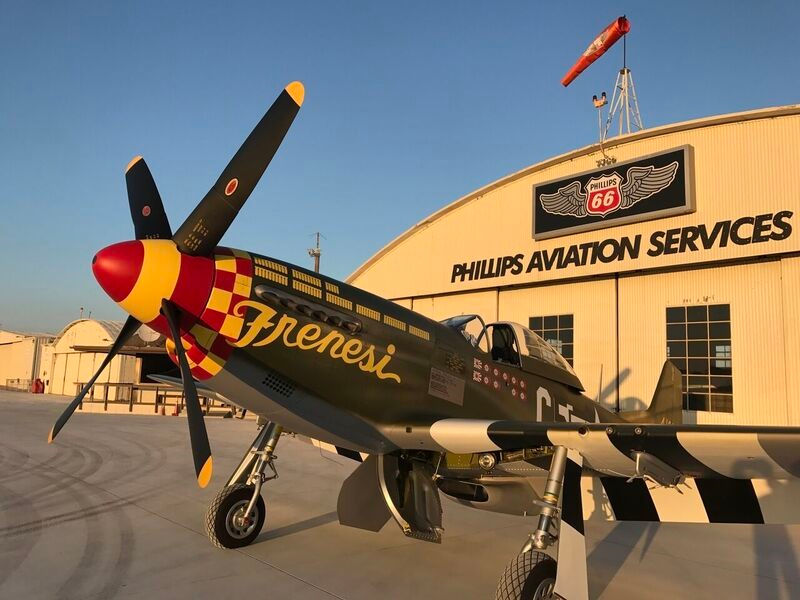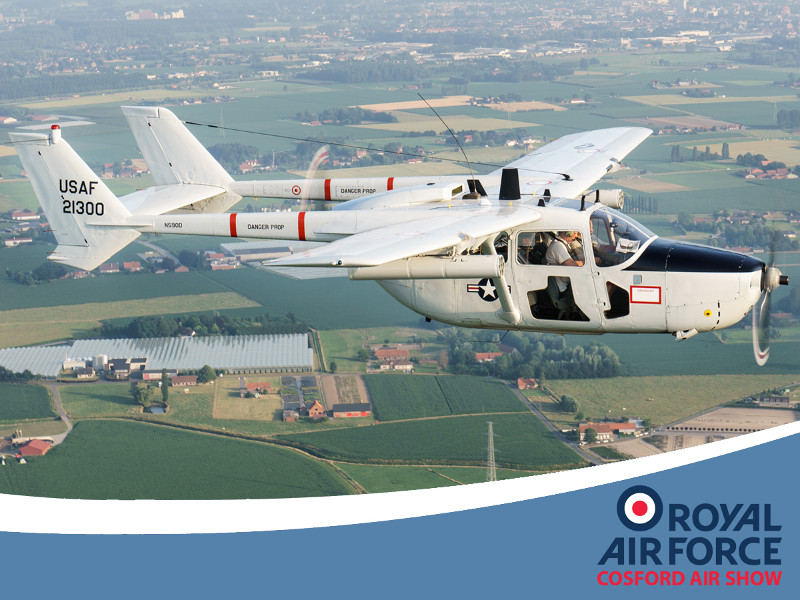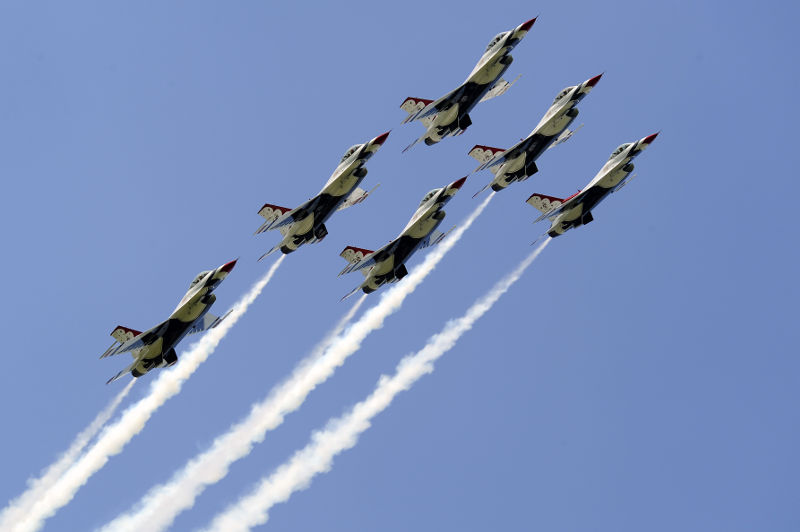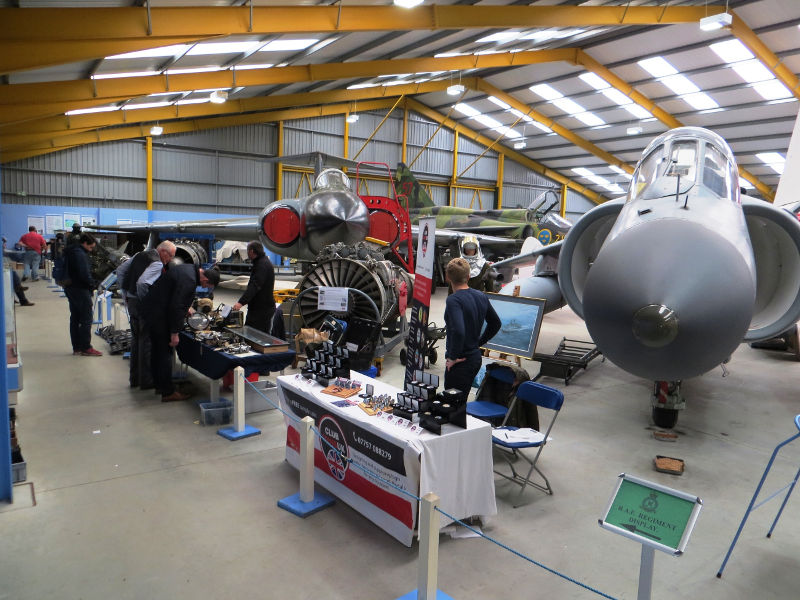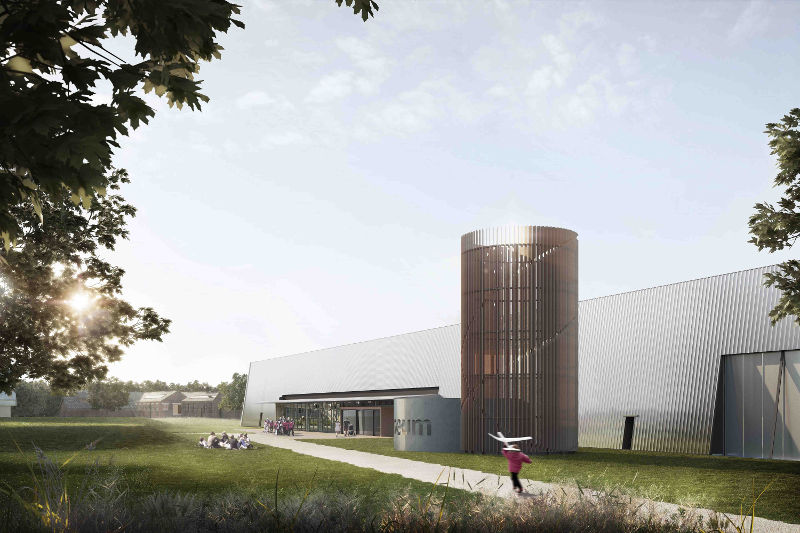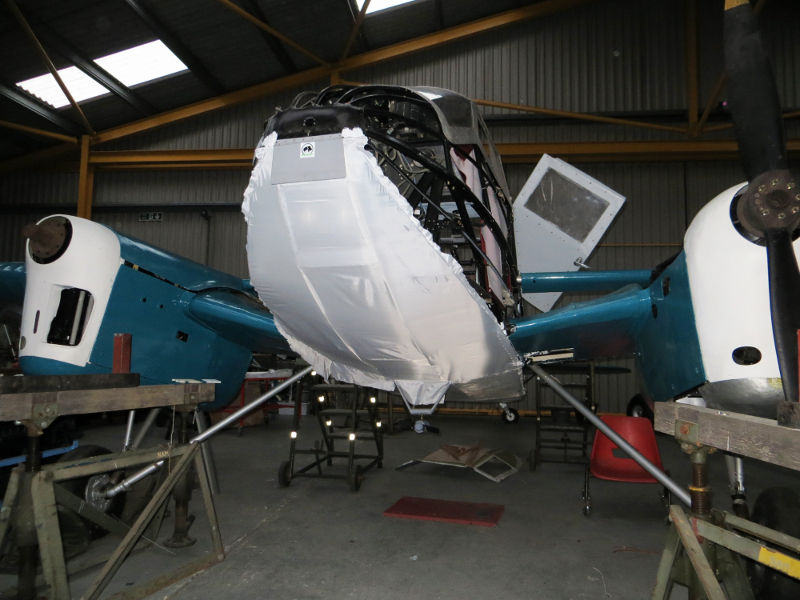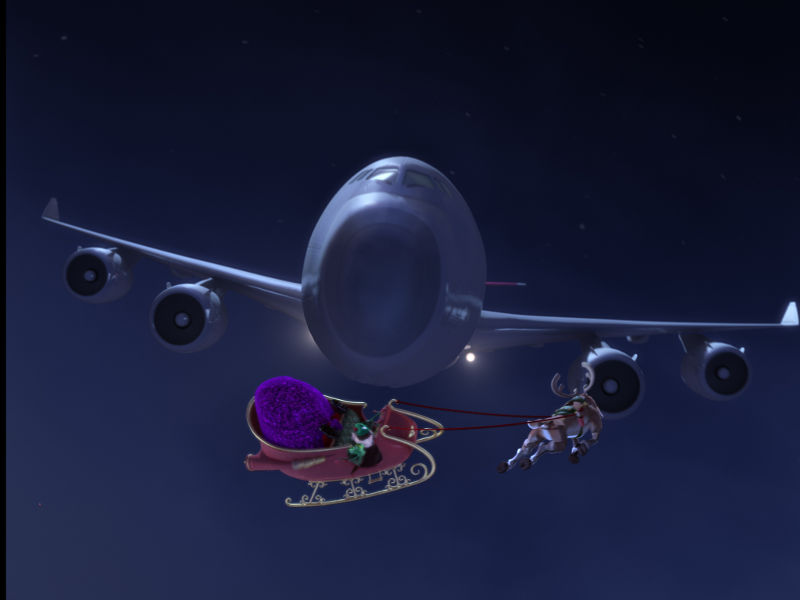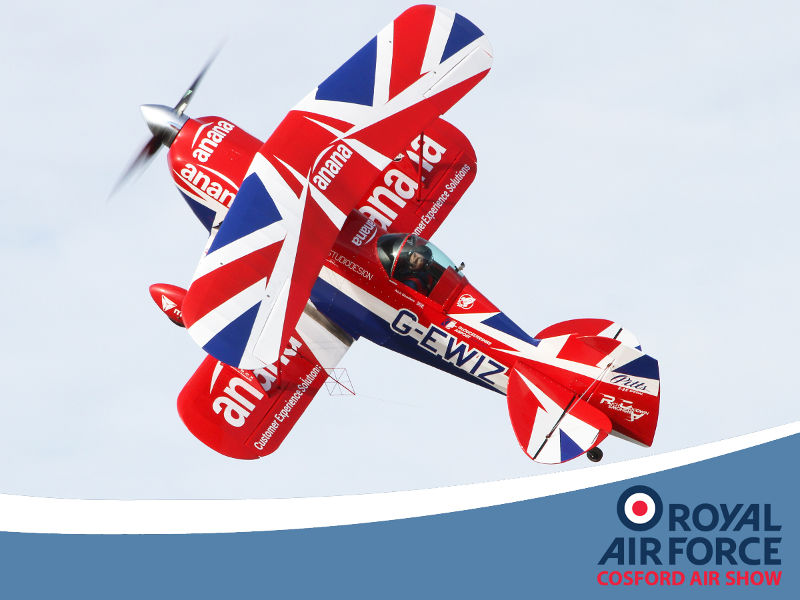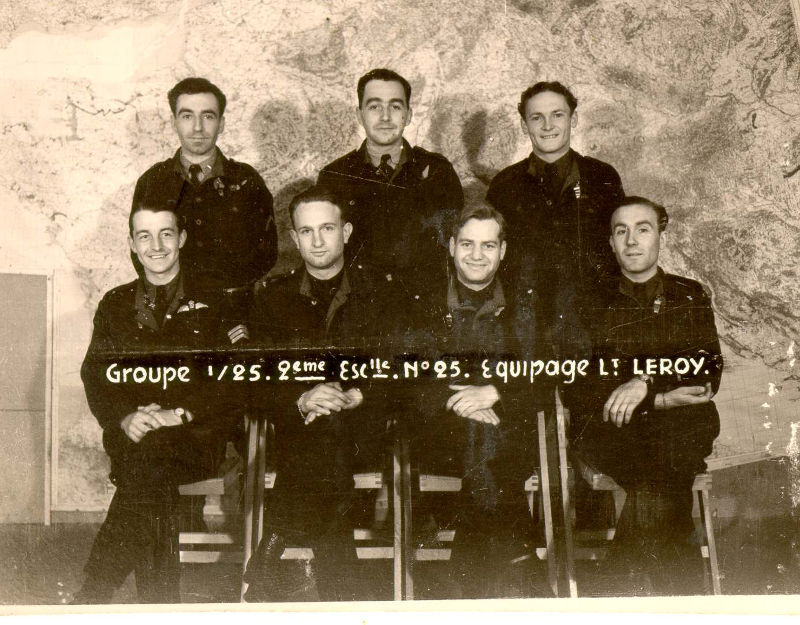
As the “Big Day” approaches, it is perhaps worth bearing in mind that 70 years ago those involved in World War II did not stop for Christmas. However, for one French airman, flying from RAF Elvington with one of the two unique French Squadrons of RAF Bomber Command, Christmas Spirit was to turn into a miracle – of sorts.
24 year old André Guédez, with 6 other crew-mates of their Halifax bomber “L for Love”, was looking forward to going on well-earned evening leave to celebrate Christmas Eve in York with their girl-friends, when suddenly – “All Leave Cancelled” was announced.
Somewhat disheartened and unable to tell their girl friends that they could no longer meet, they began preparations for an urgent mission over Germany to try to help support the Allied defence against the surprise German attacks, known later as “The Battle of the Bulge”.
They took off from Elvington at 11:31am on Christmas Eve 1944 in their huge, lumbering, Halifax 4-engined bomber, MZ489 L8-L, “L for Love”, with other members of 347 “Tunisie” French squadron aircraft, with André in the mid-upper gunner position. After almost 4 hours flying in the freezing, foggy conditions they were above Essen Mülheim, location of the huge Krupps armaments factory. Almost immediately “L for Love” was hit by anti aircraft fire in the notoriously highly defended Ruhr Valley, known as “Happy Valley” by the airmen. Probably the most heavily defended area ever created.
As André recalls:
“The Ruhr sky was, at that time, the most explosive place in the world. The Germans had more than 30,000 anti aircraft batteries around their factories and towns. It was the industrial heart of the 3rd Reich, even though it was tottering at that time. On each incursion, especially at night, we were floodlit like in a parade, with continuous fire from anti-aircraft guns. We knew one in two aircraft might not come back, and until that day, I had been lucky”.
André remembers that the first shell hit the inner port engine. “It was quickly on fire, but we still had three engines. The second shell cut the aircraft controls. This time, it was lost.”
No parachute – nearly!
“The pilot and the co-pilot gave us the order to jump. I then disconnected the heating of my suit and my oxygen mask. At 6000m high, the temperature was –50 degrees C and the oxygen is very rare. In a few minutes I knew I would be unconscious.”
In his signature gesture of bravado, André had thrown his parachute into a corner. He discovered with horror a huge hole in the fuselage and initially thought his precious parachute has been blown away. But he found it, and had just enough time to fasten the parachute before he began to lose consciousness – just at the same moment as another explosion rocked the aircraft with a direct hit on another engine.
“I was scared, paralysed by the cold and the lack of oxygen. The Flight Engineer who was behind me pushed me out of the hatch into the open air. I must have opened my parachute instinctively, because the next second I was unconscious and don’t remember anything!”
He thus fell the 18,000 feet to earth amidst all the screaming engines, guns firing and explosions and remembers nothing until he woke up sometime later. He was lying on desk in an office with an injured face and back. The first thing he noticed was that those around him were speaking German, so André knew he was a prisoner. But somehow he had survived.
“Opening my eyes, I saw kids with noses pasted to a window looking at me. An old German soldier, a poor guy who had been called-up, was looking after me.”
André’s first thoughts were for his English girlfriend waiting for him in York and how he could let her know he wouldn’t be able to meet her in town that night: “We really were in clover at the station (RAF Elvington), cherished and pampered, and I said to myself the dream was over and there would be no Christmas that night by the fireplace.”
This was not a good time to be a captured airman. “At that time the Germans were furious against the Allied airmen. The terrible bombings in Dresden, which caused the death of 45,000 people, were considered war crimes”.
They threw him into a civilian prison on the night of 24th December and later he found his Flight Engineer, Sgt. François Duran, who had survived as well. “We were happy to see each other again. The day after, we were sent to an interrogation centre. We had a really hard time when a Wehrmacht Officer, threatened us”. As France was “German Occupied territory”, French airmen & soldiers fighting with the Allies were considered as traitors, and André learnt afterwards that they were the only two survivors out of the seven man crew of Elvington’s Halifax ‘L for Love’. The others were shot as they parachuted to Earth or killed when the aircraft crashed in the outskirts of Düsseldorf at Wersten im Brücherbach.
Prisoner in Germany.
André spent four and a half months as a prisoner in Germany and during that time André remembers being marched through the devastated German towns and cities.
“We were eventually sent to a camp near Munich. Hitler had the crazy idea of setting up a prison of war camp in the Bavarian Alps. The Americans released us on 29th April 1945.”
Amazingly, André and François also survived one of the Great Marches, as the Nazi’s moved prisoners of war away from the Russian front in the winter of early 1945. For 67 years, André and François Duran telephoned each other every 24th December to remember the close friends they had lost that tragic night. Francois died in 2012.
After the war André continued in the French Air Force eventually becoming a Colonel. His youngest daughter Genevieve Monneris and his grandson Thomas Lesgoirres made several documentaries about the French Squadrons at Elvington, and in particular, a documentary about André’s wartime experiences won the prestigious IWM London Film Festival in 2012. Her book “The French Squadrons” was released in 2016.
Ian Reed, Director of the Allied Air Forces Memorial & Yorkshire Air Museum which is based on the former airfield, commented: “As each year passes, there are fewer and fewer veterans of the famous French Squadrons, and indeed all those of RAF Bomber Command, left with us. It is an honour to know him today and we are thankful that André Guédez is still going strong as we remember his incredible story, and give our thanks that because of people like him, Europe has seen the longest period of peace in modern history. We must never forget”
www.yorkshireairmuseum.org
